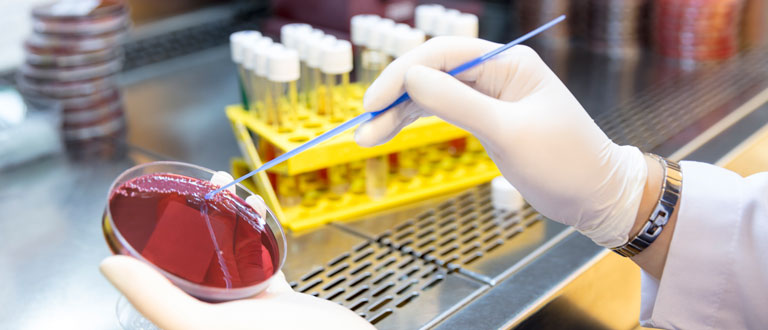Ensuring Food Product Success Through Rigorous Testing and Analysis

Developing a new food product is a complex undertaking. Food manufacturers strive for high-quality, structurally sound products that are competitive in taste, nutrition, and price, while ensuring 100% consumer safety. A rigorous food testing and analysis process is paramount to achieving these goals and maintaining compliance. This post will explore the critical role of food testing in new product development, best practices, and the benefits of partnering with a specialized testing laboratory.
The Importance of Food Testing for New Products:
Thorough testing is essential for understanding a product's performance and ensuring it meets label claims. This goes beyond simply reviewing ingredient lists; it accounts for manufacturing nuances that can impact product attributes. Testing provides crucial data for informed decision-making and helps mitigate risks.
Analysis of Vital Product Traits:
A comprehensive food analysis encompasses various tests to measure key product characteristics, including:
- Nutritional Values: Minimizes labeling risks and provides ongoing quality monitoring. This includes verifying compliance with current FDA regulations, such as those concerning sugar content labeling in single-ingredient products like honey and maple syrup.
- Product Quality: Assesses consumer acceptability based on factors like nutrient content, microbial levels, safety, appearance, and texture.
- Process Variability: Identifies inconsistencies in the manufacturing process to improve efficiency and reduce costs.
- Shelf Life and Product Performance: Determines product longevity and maintains quality throughout its shelf life.
- Physical Attribute Functionality: Analyzes particle size, texture, color, moisture content, and other relevant physical properties.
Food Testing
Our knowledge and experience help your brand deliver the ideal consumer experience every time. Contact us to learn about our pragmatic solutions for food testing.
Contact usFood Testing: A Deeper Dive
The specific tests required depend on the product. There's no one-size-fits-all approach. However, several common tests are crucial for all food products:
- Food Safety Tests: Screen for contaminants, mycotoxins, pesticides, and microbiological hazards.
- Nutritional Composition Analysis: Determines protein, vitamin, carbohydrate, enzyme, and fat content.
- Nutritional Label Verification: Ensures compliance with current FDA regulations (always check for the most up-to-date guidelines).
What to Expect from Food Analysis:
Testing timelines vary depending on the complexity of the analysis. While turnaround times can average nine business days, it's crucial to avoid rushing the process. Insufficient testing can lead to costly mistakes, wasted resources, and delays in product launch.
Best Practices for Food Sample Preparation:
Meticulous sample preparation is vital for accurate and reliable results. Key best practices include:
- Detailed Record Keeping: Maintain accurate records to track samples and ensure proper labeling.
- Clear Understanding of Testing Objectives: Define the purpose of the testing to optimize sample selection and analysis.
- Collaboration with Production Facilities: Work closely with production plants to understand collection points and ensure data consistency.
- Sample Preservation: Retain sufficient samples for potential repeat testing or further analysis.
The Value of Partnership:
Navigating the complexities of food testing can be challenging. Partnering with a specialized food testing laboratory offers several advantages:
- Expertise and Experience: Leverage the knowledge and resources of experienced professionals.
- Timely and Accurate Results: Ensure efficient testing and reliable data for informed decision-making.
- Proactive Consulting: Receive guidance on testing strategies and optimal timing during the product development process.
Thorough food testing is not merely a regulatory requirement; it's a strategic investment in product quality, consumer safety, and business success. By prioritizing rigorous testing and partnering with a reputable laboratory, food manufacturers can confidently bring safe, high-quality products to market. Investing time and resources in this crucial step ensures long-term success and protects your brand's reputation.
Let's Get to Work!
Submit your order online and ship your samples today. If you have questions, we are always here to help.
Medallion Labs+
A food testing program designed with mid-market and enterprise food and ingredient manufacturers in mind.